This fall, world leaders will convene at COP28 to discuss the fallout of our rapidly warming world.
As we continue to see increasingly severe climate outcomes around the world — from rising emissions, to severe weather events, to increased food and water inequity — CIFAR convenes an interdisciplinary panel of researchers to discuss some of the novel approaches that can make a difference.
Moderated by Stephen Toope, President & CEO of CIFAR, and with opening/closing remarks by Hannah Yakobi, CIFAR’s Vice-President of Communications, this virtual talk features leading researchers from across the globe who are tackling the subject and enabling impact. Hear from Jacqueline Goordial, CIFAR Azrieli Global Scholar in the Earth 4D program on the microbial threats and opportunities being unearthed in thawing permafrost; Sarah Gurr, Fellow in the Fungal Kingdom program on climate change and its effects on disease-causing pathogen spread; David Rolnick, Canada CIFAR AI Chair at Mila, on how AI can accelerate climate change models in a fraction of the time; and Richard Taylor, Fellow in the Earth 4D: Subsurface Science & Exploration program on how to boost the resilience of global water supplies.
MODERATOR:
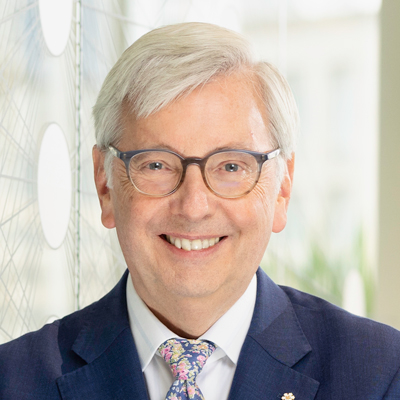 Stephen J. Toope OC, LL.D. is currently the President & CEO of CIFAR, a Canadian-based global research organization. Prior to this, he was the 346th Vice-Chancellor of the University of Cambridge, the first non-UK national to hold the post. He was Director of the Munk School of Global Affairs at the University of Toronto, and President, the University of British Columbia. A former Dean of Law, McGill University, Toope was also Chair of the United Nations Working Group on Enforced and Involuntary Disappearances. Toope publishes in global journals on human rights, international dispute resolution, international environmental law, the use of force, and international legal theory, and has lectured at universities around the world.
Stephen J. Toope OC, LL.D. is currently the President & CEO of CIFAR, a Canadian-based global research organization. Prior to this, he was the 346th Vice-Chancellor of the University of Cambridge, the first non-UK national to hold the post. He was Director of the Munk School of Global Affairs at the University of Toronto, and President, the University of British Columbia. A former Dean of Law, McGill University, Toope was also Chair of the United Nations Working Group on Enforced and Involuntary Disappearances. Toope publishes in global journals on human rights, international dispute resolution, international environmental law, the use of force, and international legal theory, and has lectured at universities around the world.
OPENING & CLOSING REMARKS:
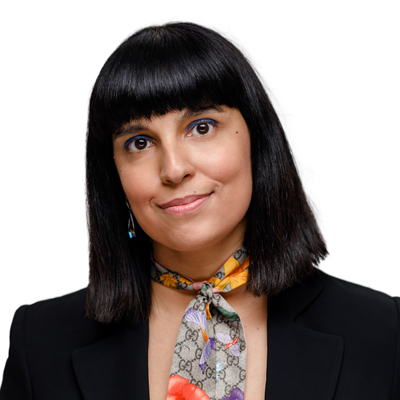 Hannah Yakobi is an award-winning communications executive, who has spent the last 20-plus years driving change at organizations in Canada and abroad. Her specialties include transformational leadership, diversity and inclusion, disruptive innovation, and strategic planning that is key performance indicator (KPI) driven.
Hannah Yakobi is an award-winning communications executive, who has spent the last 20-plus years driving change at organizations in Canada and abroad. Her specialties include transformational leadership, diversity and inclusion, disruptive innovation, and strategic planning that is key performance indicator (KPI) driven.
Yakobi speaks four languages and has lived in six countries. Throughout her career, she has worked in the media, agency, not-for-profit and corporate sectors. Most recently, Hannah was the Vice-President of Marketing, Communications and Events at the Public Policy Forum. Other career highlights include Canadian Cancer Society, Plan International Canada, Postmedia, Catholic Principals’ Council of Ontario, and Estee Lauder.
SPEAKERS:
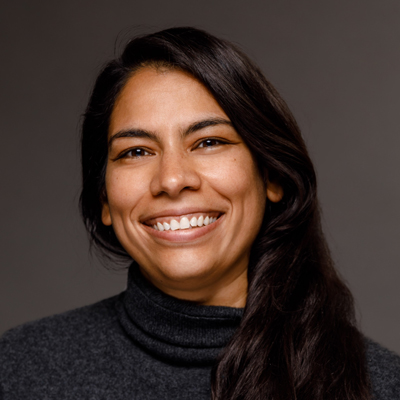 Jacqueline Goordial examines how microbial life persists within extreme subsurface environments such as permafrost (permanently frozen ground) and oceanic crust/marine sediments.
Jacqueline Goordial examines how microbial life persists within extreme subsurface environments such as permafrost (permanently frozen ground) and oceanic crust/marine sediments.
Because of the sheer amount of these subsurface environments on Earth, these microorganisms make up the most abundant lifeforms on our planet – yet they remain poorly understood. Subsurface microorganisms use diverse forms of energy and food for their survival, cycling large amounts of nutrients that are connected to surface global processes on Earth. To carry out her research, Goordial employs a combination of genomic sequencing with culturing, microbial metabolic activity and viability measurements both in the field and in the laboratory.
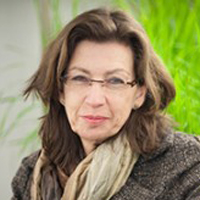 Sarah Gurr’s interest is in plant disease, with particular emphasis on fungal infestations and their global movement and control.
Sarah Gurr’s interest is in plant disease, with particular emphasis on fungal infestations and their global movement and control.
She has modelled movement, assessed global burden and commented on the impact of climate change on pathogen spread. Most recently, she has begun to build models to predict the movement and severity of specific fungal diseases, parametrizing the infection cycle, intercalating host resistance status and integrating this with climate data and time. She is also interested in the emergence of antifungal resistance, the synthesis of the fungal cell wall and in pathogenicity determinants.
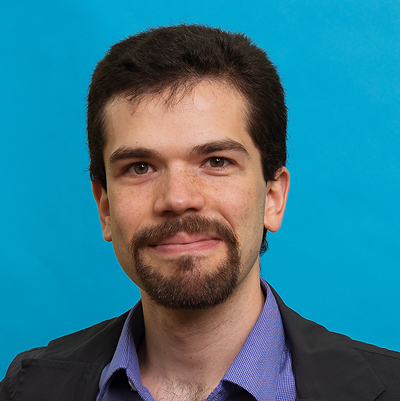 David Rolnick is a Canada CIFAR AI Chair at Mila and an assistant professor in the School of Computer Science at McGill University. He is the co-founder and chair of Climate Change AI.
David Rolnick is a Canada CIFAR AI Chair at Mila and an assistant professor in the School of Computer Science at McGill University. He is the co-founder and chair of Climate Change AI.
Rolnick studies machine learning innovations for tackling climate change, as well as the mathematical foundations of deep learning algorithms. His work bridges the gap between machine learning research and fields such as energy and ecology via high-impact applications in climate change mitigation and adaptation. This work has significantly influenced international policy and entrepreneurship.
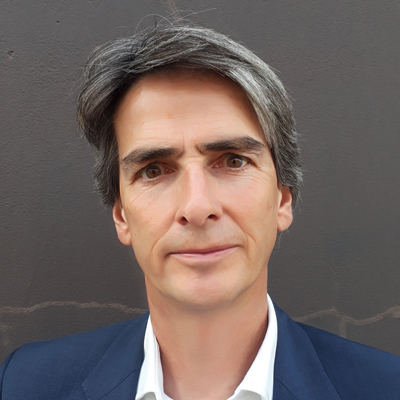 Richard Taylor is a Professor of Hydrogeology at University College London (UCL) and Adjunct Professor of Hydrogeology at Makerere University, Uganda. For over two decades, he has worked with researchers, practitioners and rights/stakeholders across tropical Africa and South Asia to inform strategies to expand and sustain access to safe water for drinking and food production. His research examines the impacts of climate change including the amplification of climate extremes on groundwater systems. It is rooted in the development and analysis of observations that test conceptual and numerical models of the terrestrial water balance. His research seeks to inform sustainable and equitable pathways to climate change adaptation and climate justice. It is characterized by long-term transdisciplinary collaborations, strengthening the capacities of individuals, communities and institutions. Richard is contributing author to two chapters (Water Cycle Changes, Africa) of the latest, 6th Assessment Report of the Inter-governmental Panel on Climate Change.
Richard Taylor is a Professor of Hydrogeology at University College London (UCL) and Adjunct Professor of Hydrogeology at Makerere University, Uganda. For over two decades, he has worked with researchers, practitioners and rights/stakeholders across tropical Africa and South Asia to inform strategies to expand and sustain access to safe water for drinking and food production. His research examines the impacts of climate change including the amplification of climate extremes on groundwater systems. It is rooted in the development and analysis of observations that test conceptual and numerical models of the terrestrial water balance. His research seeks to inform sustainable and equitable pathways to climate change adaptation and climate justice. It is characterized by long-term transdisciplinary collaborations, strengthening the capacities of individuals, communities and institutions. Richard is contributing author to two chapters (Water Cycle Changes, Africa) of the latest, 6th Assessment Report of the Inter-governmental Panel on Climate Change.